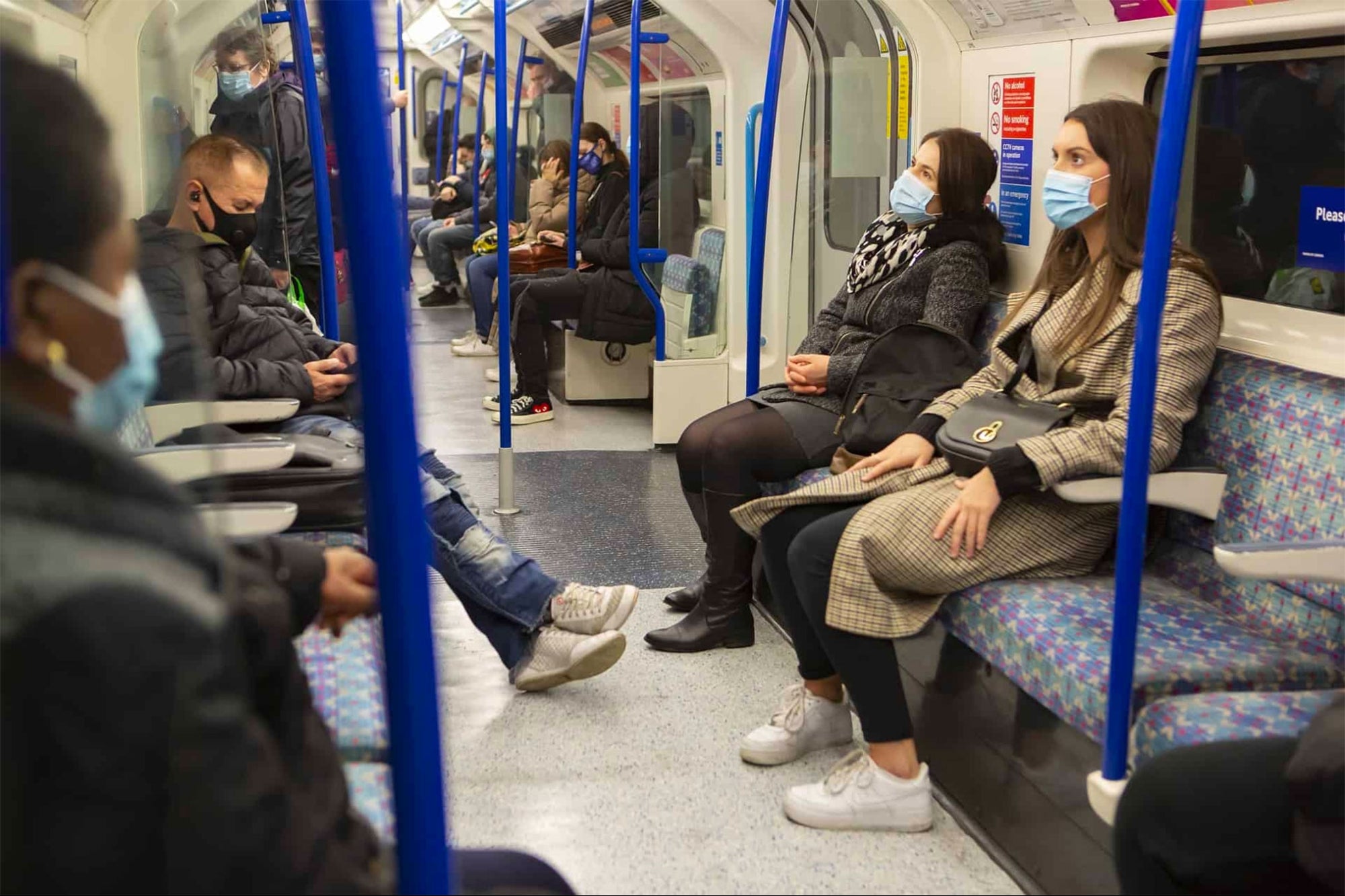This is How Saving Habits Have Changed Since the Start of the PandemicA new survey finds that people are avoiding using cash and more likely to put money away.
This story originally appeared onValueWalk

There is no doubt about the unprecedented disruption caused by the pandemic, or the great financial struggle many Americans across the nation are experiencing. However, what might seem counterintuitive given the current state of the economy, the Consumer Credit report found thatcredit carddebt in the US has plummeted since the start of the pandemic. Are Americans proactively attempting to pandemic-proof their finances during this period of economic uncertainty?
Related:5 Strategies for Reducing Overall Business Debt
Financial support and lender,CreditNinja, conducted a survey of 3,000 adults (18+) to find out how their saving habits have changed during the pandemic due to economic uncertainty. This found thatthe average New Jerseyan (in full time employment) has saved $410 each month since the start of the pandemic (March 1st,2020). This compares to a national average of $329. Considering there have been fewer opportunities to leave the home due to social distancing, it is likely people are saving on costs such as gas, commuting, and eating out.
Broken down across the US, the average Alaskan saved the most since the start of the pandemic at $654. Comparatively, Louisianans saved the least at $149 each.
Spending and saving habits
With people having to adjust to a different sense of normal during these unprecedented times, many have adapted their everyday habits in order to reduce the risk of contracting the virus. The survey found that over 1 in 5 (23 percent) say they are avoiding using cash these days due to the coronavirus risk.
The research also found that, with many economists unable to agree how long the recession will last, 86% of respondents say they intend on continuing to save a portion of their available income through 2021 as a precaution. This could mean saving on small costs, such as cooking rather than ordering takeout, having your morning coffee at home instead of buying, walking to thegrocerystore to save on fuel, or simply having a night in instead of a night out.
Due to many workers having lost their source of income during the pandemic and having to put a pause on monthly repayments, it is understandable why 22 percent of New Jerseyans surveyed say they are concerned their credit score will be affected during the pandemic. Having a poor credit score can lead to numerous future financial challenges, such as not being able to qualify for credit cards or bank loans.
Opening accounts withutility companies, such as water, internet, and cable can also be trickier with a lower credit score and may require the payment of a deposit or letter of guarantee, in case you fall behind on payments.
Given the current state of the economy,CreditNinja's research revealed that 4 in 5 adults admit they are more likely now to put available money away for a rainy day fund instead of spending it immediately. Lastly, the survey found that 86 percent of respondents with savings say they would be even more nervous about their personal finances if they had no rainy-day fund to fall back on.









